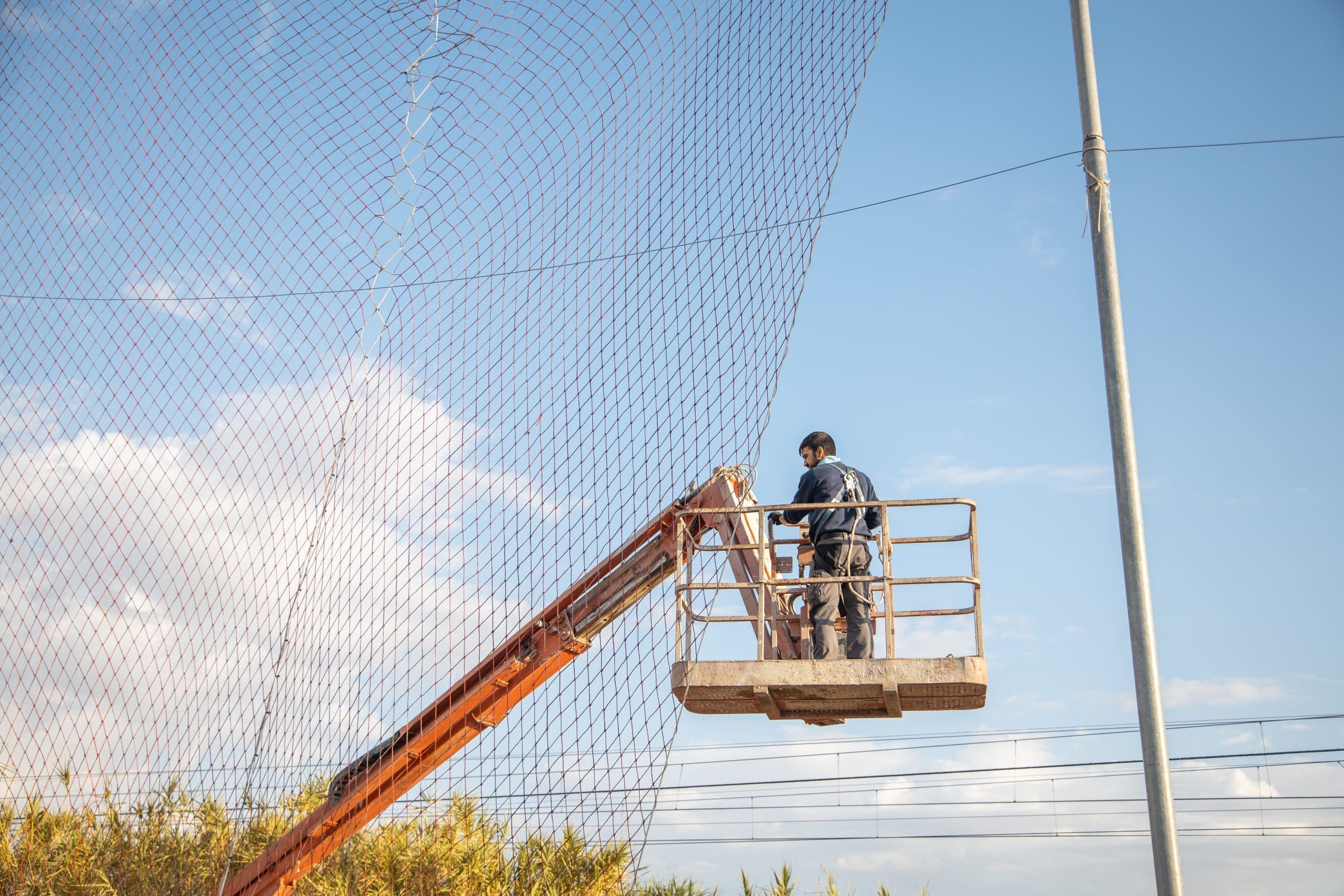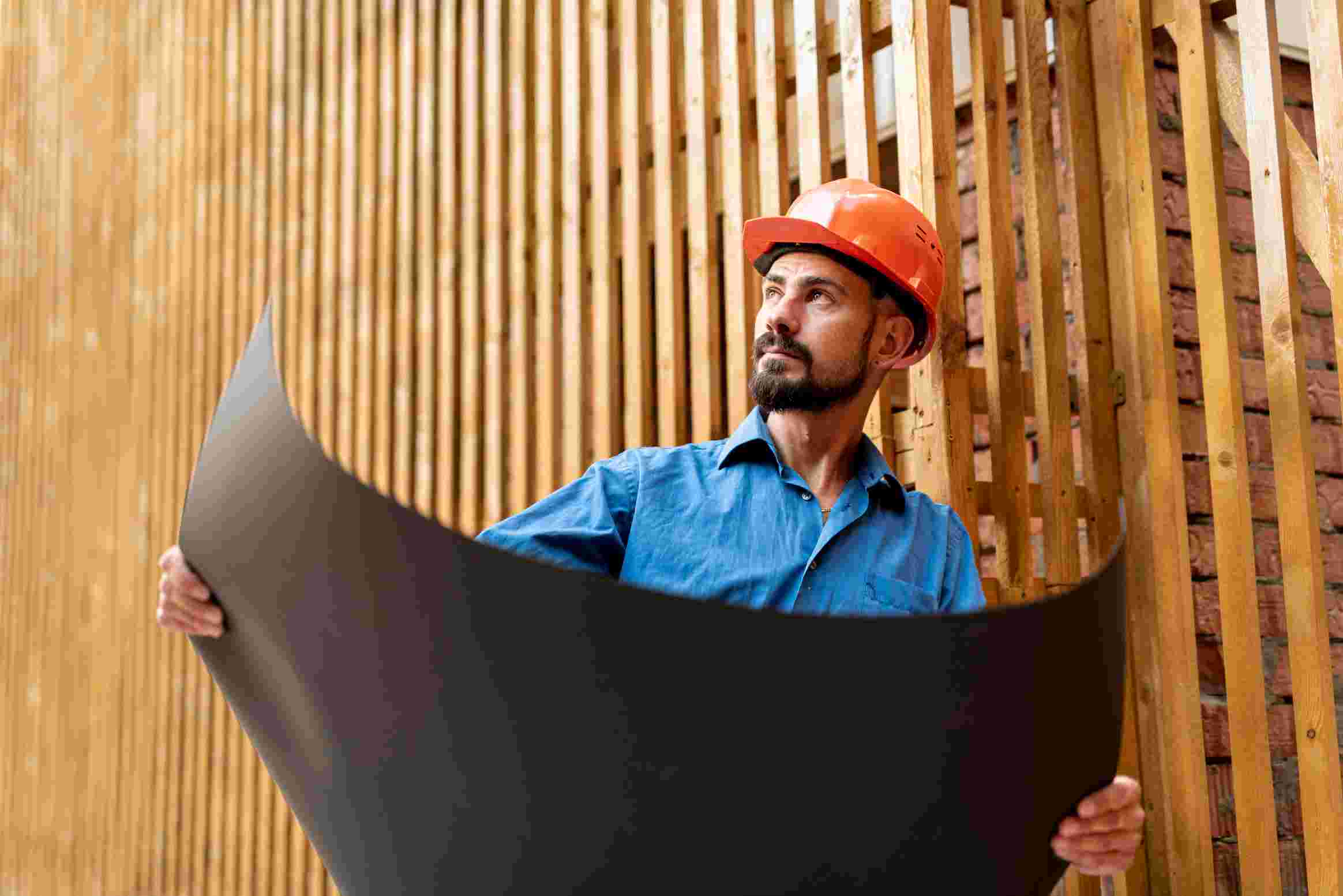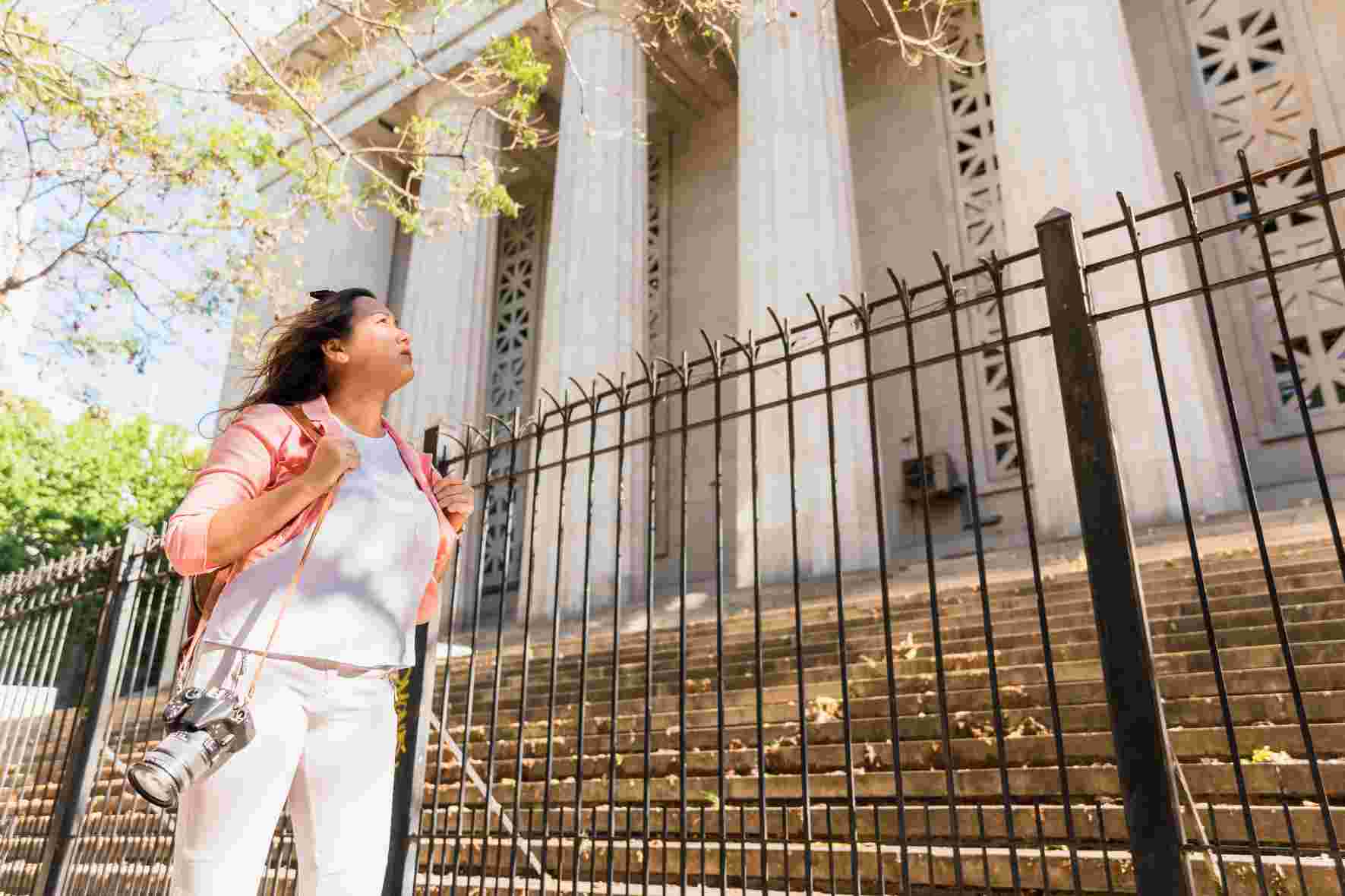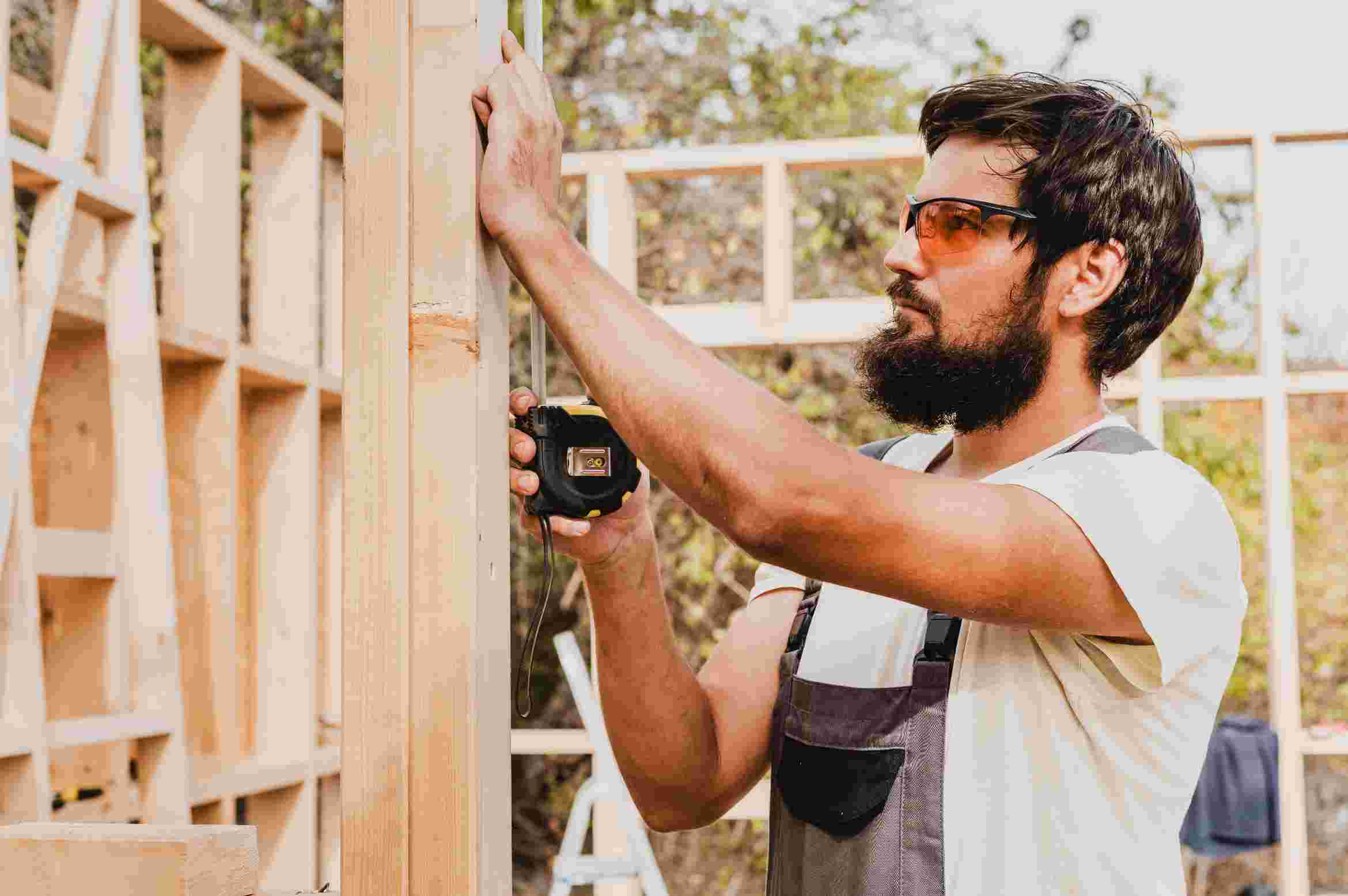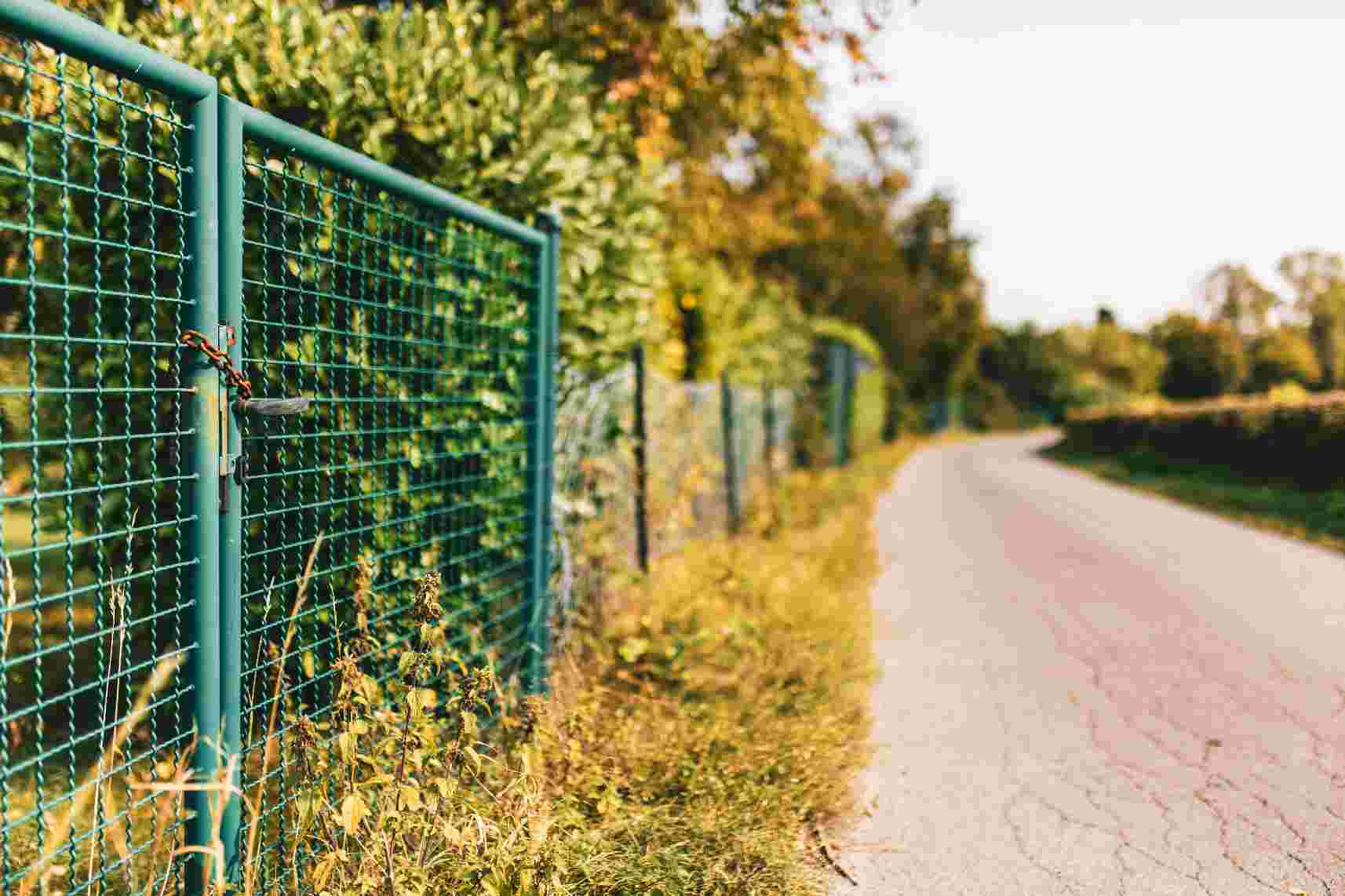So, you have decided to install a new fence around your yard. But confused when is the best time to do it? You are at the right place! Choosing the right season for fence installation can make a big difference in the overall success of your project. Whether you are installing a fence for privacy, security or to enhance your home’s curb appeal, timing matters.
Let’s learn about the best times of year for fence installation, why certain seasons are better than others, and how proper planning can save you time, money, and stress.
Why You Should Install A Fence
There are a number of reasons to install a fence. It is a smart choice! A fence enhances your place’s security and privacy, giving you a sense of safety and comfort. A commercial fence can also boost your property’s curb appeal and value, making it a beneficial investment. Plus, a well-chosen fence creates a defined space for kids and pets to play, making your outdoor area more functional and enjoyable.
Fall: Best Seasons for Fence Installation
Fall is considered the best season for fence installation for a number of reasons. One of the main factors is the ideal weather. In the fall, temperatures are typically cooler, and the weather is more predictable. There are fewer chances of heavy rain or extreme heat, making it the perfect season to work outdoors. Fall’s consistent temperatures allow for a smoother and quicker installation process without interruptions caused by weather-related delays.
Contractor Availability and Lower Costs
One of the biggest advantages of installing your fence in the fall is that contractors often have more availability. In spring and summer, they are very busy and often booked up months ahead. But in the fall, their schedules are more open, so you have a better chance of getting the contractor you want.
Preparing for Winter
Installing a fence in the fall helps it settle properly before winter arrives. If you install it in spring or summer, the heat can make materials expand and warp. On the other hand, if you wait until winter, the ground can become too hard to dig, and freezing temperatures might affect the installation process. By choosing to install your fence in the fall, you ensure that it has time to settle and stabilize in the ground before the colder weather sets in. This helps prevent problems and ensures your fence remains strong and secure through the winter.
Other Factors to Consider During Fence Installation
As stated above, weather plays a big role in deciding the best time for your professional fence installation. But there are other factors that you should consider during fence installation.
- Soil Condition: The type of soil affects how easy it is to install a fence. Soft, dry soil is easier to dig, while wet or frozen soil can make it hard to set the posts. Always check the soil condition before you schedule your installation to make sure of a smooth result.
- Material Choice: Different fence materials react differently to weather conditions. For example, wood can expand or contract with temperature changes, while others are more stable. So, it is always beneficial to choose the material to ensure durability and performance.
- Property Layout: The shape of your property can affect how easy it is to install your fence and how it looks. Pay close attention to things like slopes, buildings, and plants. Understanding your property will help you choose the right fence and place it in the best place.
- Budget: Costs can vary depending on the season. Spring and summer are high-demand periods, which may lead to higher prices. Fall usually offers more competitive pricing and discounts, making it a cost-effective option for many homeowners.
- Local Regulations: Check local regulations and permit requirements before starting your fence installation in Martinsburg. Different areas have different rules about fence height, style, and placement. Always ensure you follow these regulations to avoid potential issues or delays.
By considering these factors during the process, you can plan a more successful fence installation.
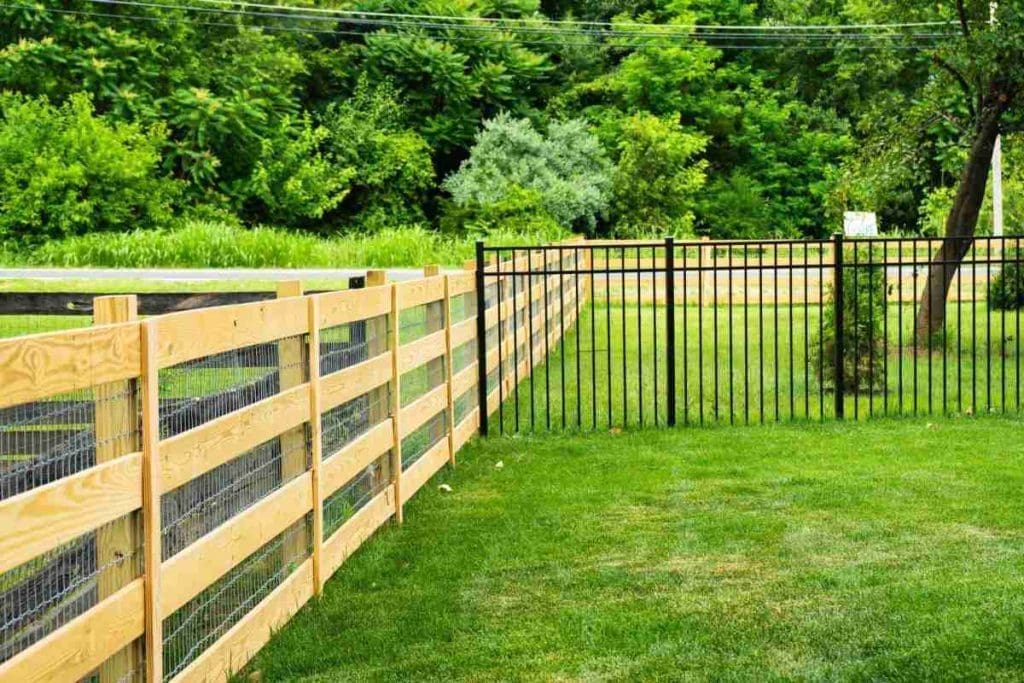
Conclusion
Choosing the right time for your fence installation can make the project go much smoother. Fall is usually the best season because of the mild weather, easier soil conditions, and more available contractors. By considering factors like soil condition, material choice, and local regulations, you can ensure a successful installation that meets your needs. Planning ahead and selecting the best time for your project will help you avoid potential issues and ensure your fence remains strong and attractive for years to come.
Create the perfect fence for your property with a Custom Fence & Deck. We ensure high-quality results and excellent customer service, no matter the season. Don’t wait—contact us today to schedule your consultation and get started on your next fencing project.


